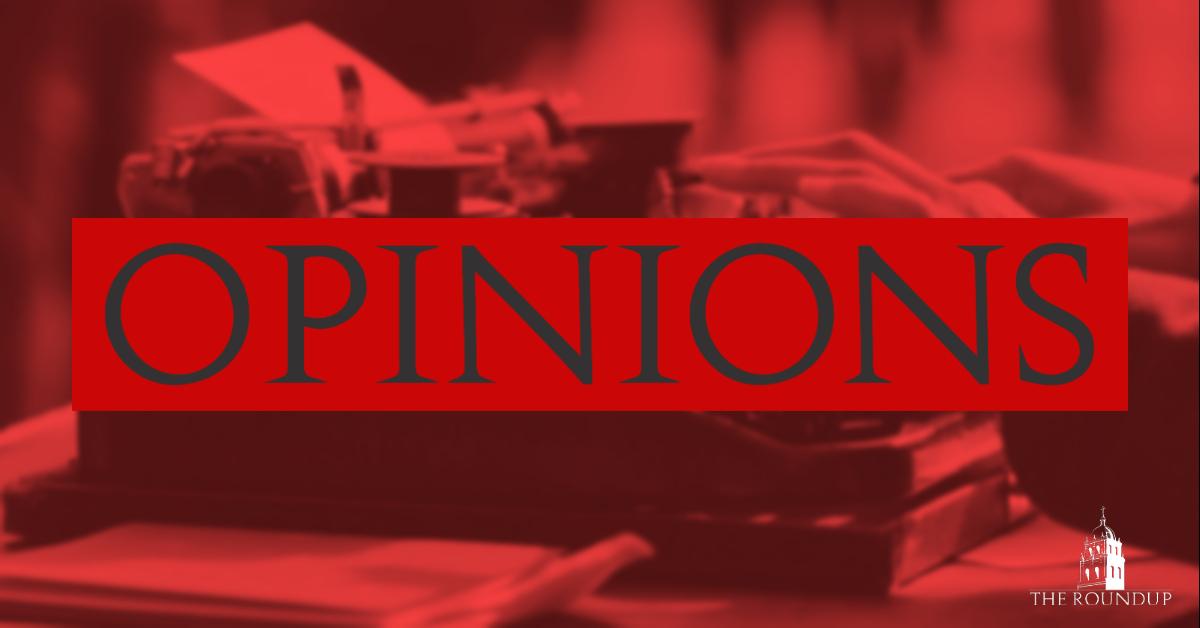If you log onto Instagram or Snapchat on Brophy’s WiFi, you will find them to be blocked. However, TikTok, a social media app more dangerous than any other, works just as well as Membean or No Red Ink on Brophy’s network.
From a glance, TikTok seems to be harmless. The app allows users to create short videos, which can include music, dancing, humor, and much more. But behind its benign exterior, lies a real threat to the privacy of its users.
Along with other social media apps, TikTok’s exploits have been well documented over the past few years. According to Scott MacFarlane of CBS News, “The popular social media app tracks its users’ likes, dislikes and personal information, including email addresses, phone numbers and WiFi networks.”
The parent company of TikTok is a Chinese-owned company named ByteDance. Due to the Chinese government’s control over private industry, it could easily access the plethora of information that ByteDance takes in. And it almost certainly has.
Buzzfeed News gained access to leaked internal audio from TikTok meetings. According to Emily Baker-White of Buzzfeed News, “The recordings contain 14 statements from nine different TikTok employees indicating that engineers in China had access to US data between September 2021 and January 2022, at the very least.”
As of Feb. 22, more than 25 colleges and universities around the country have banned Tik Tok from their devices and WiFi networks to ensure safety for students. Among the high profile universities to ban TikTok include Auburn University, University of Texas at Austin and the University of Mississippi. It is time for Brophy to do the same.
Additionally, President Joe Biden signed a bill at the end of last year which prohibits the use of TikTok on all government devices, with a few small exceptions.
Brophy needs to ban TikTok from its WiFi, because its students’ security is at risk. Even though the information about the majority of students would not be interesting to the Chinese government, it can be used to identify family, friends and neighbors, as well as to assemble broad trends about U.S. citizens.
If students want to continue to utilize the app, they can certainly do so off campus or on cellular data. However, Brophy must not condone the flagrant theft of personal information by anyone.





















